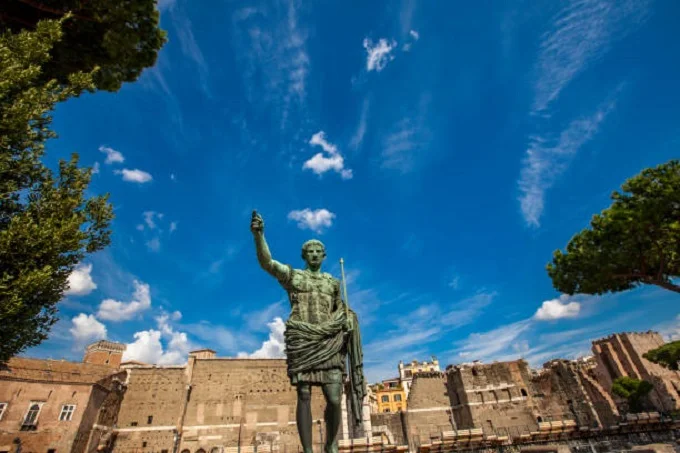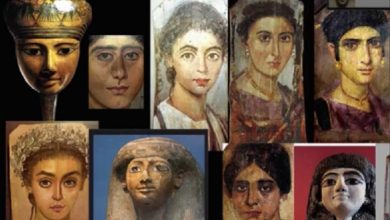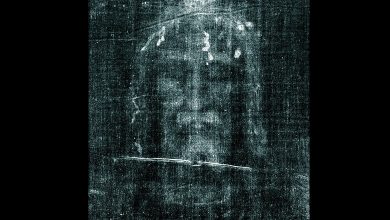What is a cult of personality and why does it work?

The cult of personality – how much has been said about this phenomenon in terms of the saturation of the information field and how little, if we talk about the absence of hypocrisy. When they talk about the cult of personality, they always mention it in a purely negative context and only with a certain figure, which, as a rule, is demonized.
But what is a cult of personality, really, and why does it work? Let’s figure it out without any propaganda.
What is a cult of personality?
A cult of personality is an exaggerated devotion to a charismatic political, religious, or other leaders. Let’s focus on: it is devotion. If people show respect to the leader or mostly support him, that’s not it. In this case, a person receives only approval of his actions, not what a cult of personality is often formed for – creating his own “army” of devoted masses, capable of following their leader even to the ends of the universe.
One of the main differences between the cult of personality and simple respect and sympathy is devotion to the last. Even if the leader makes a few serious mistakes, even if the followers’ lives deteriorate significantly, they continue to honor him.
Cult of personality history
Quite often, amateurs attribute the invention of the cult of personality to the 20th century, with its bright and charismatic leaders. And, of course, such a phenomenon, especially in Western culture, is considered possible only in countries of a certain formation, for example, dictatorships or closed societies. Indeed, in conditions of complete state censorship, the use of images and their manipulation with the help of the media is fully possible and allows them to quickly “deify” the leader in the eyes of his followers. However, this is not a pure phenomenon inherent in certain state formations.
If we talk about the 20th century, the cult of personality has reached its apogee here. We will not echo pseudo-historical literature and speak purely about Germany, the USSR, Japan, and Italy. Personality cults were almost everywhere in the last century. For example, in the early 1960s, a personality cult of John F. Kennedy formed in the United States, a charismatic young president who promised the exaltation of the country and advocated detente between West and East. In Great Britain, especially during the Second World War, the theme of the personality cult of King George VI was actively developed.
But the cult of personality existed long before the people mentioned above. Some historians consider the exaltation of Augustus Octavian, the successor of Gaius Julius Caesar, to be the earliest example of a personality cult. If Caesar was only the first among equals, the consul and dictator of the Roman Republic, then Octavian eventually became not just the emperor of the Roman Empire but also a demigod. Moreover, his deification gradually took place not by the emperor himself but by his followers, who built a kind of religion around the charismatic leader.
Napoleon Bonaparte can be called a later cult of personality. Still, historians are more inclined toward the figure of Napoleon III, who came to power as president and later became emperor of France.
If we talk about the modern understanding of the cult of personality, many historians associate it with 1924, when the deceased Vladimir Lenin was placed in the Mausoleum for everyone to see, and grandiose construction of tens of thousands of monuments began throughout the country.
Three components of the cult of personality
The German sociologist Max Weber, who lived in the late 19th and early 20th centuries, even before forming the first personality cults in the modern sense, described three components of this phenomenon. First of all, he spoke about charismatic authority- certain qualities of an individual personality, which are interpreted as exclusivity, and sometimes even as supernatural.
The second important component is the followers’ loyalty and trust in the leader. In this context, the perception of the leader by the followers is crucial to maintaining his legitimacy. That is why the media is used to create and promote a larger image of the leader, to show the immensity of his powers, that he commands the masses. It is also important that followers endow their leader with those abilities portrayed by propaganda and not just echo it, doubting its correctness.
And the third component is a critical attitude towards existing institutions, the desire to cause changes in something. A charismatic person is truly beginning to be seen as a leader who leads his flock through the dark ages to a brighter future. Which one depends purely on the ideological attitudes of the leader himself. What is important – the more followers, the more responsibility they place on their leader, and the more they want change.
How the cult of personality wins minds and keeps followers
As we said above, the cult of personality is mainly formed through the media, which creates an advertising campaign to promote a person’s leadership qualities. Through them, the mission’s goal is broadcast, which, even if it is not, is meant as a just mission to create a new order, and sometimes even a utopia. This mission can, at some point, be demonstrated so sublimely that it looks unrealistic, at least within the time frame set by the leader. However, the intense passion warms up the followers and forces them to be even more loyal to their leader to achieve this bright future. Moreover, the media not only form a cult of personality but also make followers believe in the indispensability of the leader, that he is the only one who can fulfill the stated mission, which further strengthens faith in him.
But why is this happening? It’s all about the need for belonging. A charismatic leader speaks the language of his followers and knows what to push. This shows that the leader is his “boyfriend,” who grew up in the same conditions and knows what the masses need, which enhances the sense of community among these same masses. More important is the feeling of belonging to something great that is common to all of us. That is why we strive to join interest clubs, seek approval from others, etc. Following a charismatic personality binds a person to the masses and fills that feeling of emptiness and loss that arises in the absence of ideological orientation. A person is given a certain vector, which greatly simplifies his life.
Gradually, there is a merger of social identity and individual self-image. This leads to the fact that the followers of a charismatic leader perceive it not as a cult but as a family relationship, which causes feelings on a completely different level. Unquestioning devotion arises, and the person himself wants to do as much as possible for the leader and the movement to satisfy the interests of the “family,” protect it from external and internal enemies and lead to a brighter future.




